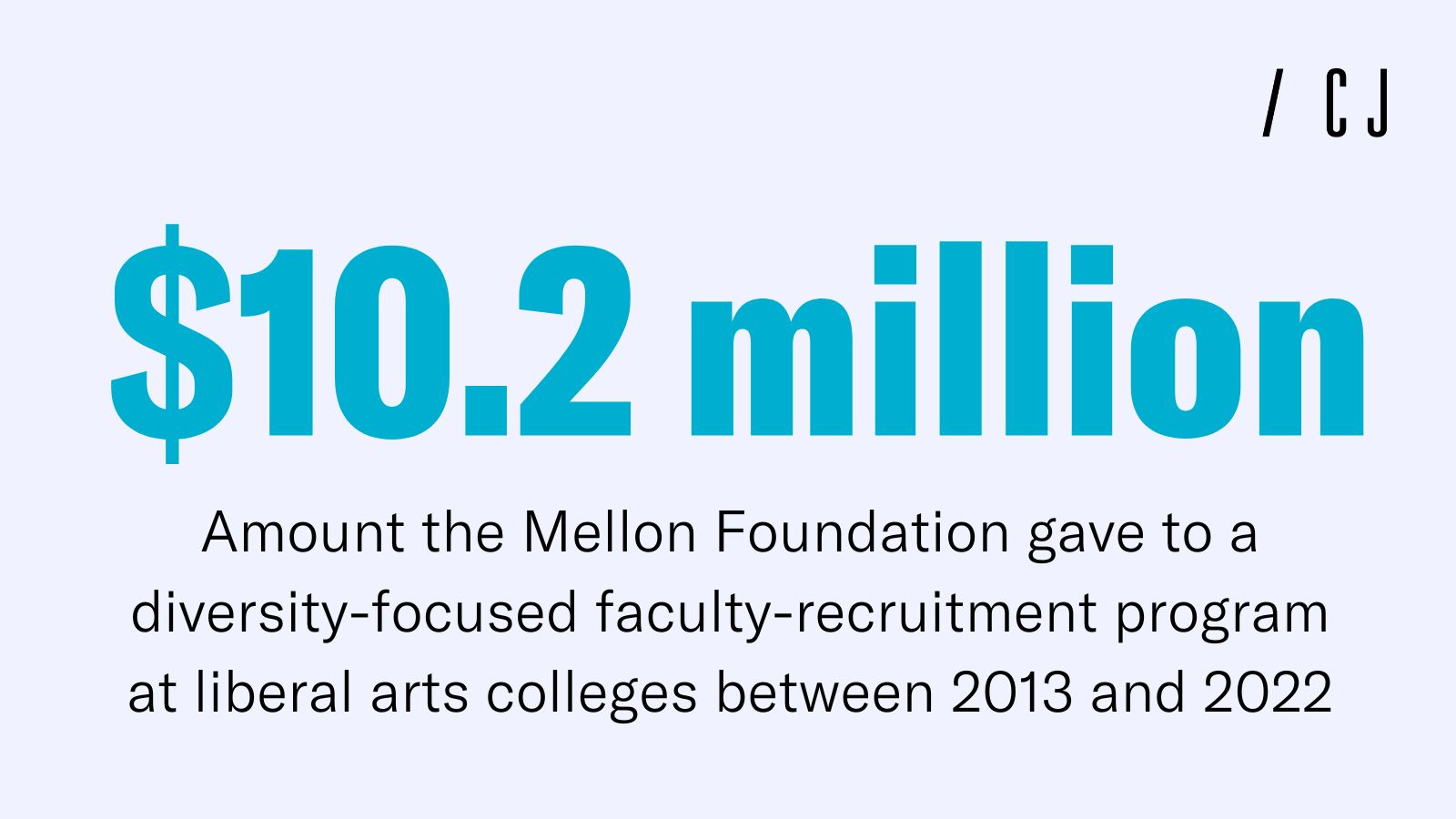|
Forwarded this email? Sign up for free to have it sent directly to your inbox. |
|
|
Good morning,
Happy Friday. Today, we’re looking at discrimination essays, merit pay in Houston schools, a new report on sex offenders and homelessness, the need for greater policy attention to serious mental illness, and EU regulatory overreach.
Don’t forget to write to us at editors@city-journal.org with questions or comments. |
|
|
Ever since the Supreme Court ruled in 2023 that racial preferences in college admissions were unconstitutional, universities have used applicants’ personal essays to continue racial favoritism.
The federal government appears to have taken a page from their playbook, Judge Glock writes. Soon after the Court’s decision, the Small Business Administration (SBA) began asking business owners to write “social disadvantage narratives” as part of their contracting applications. The idea is that the essays would show that an entrepreneur has suffered discrimination and thus needs extra help from the government.
Sooner or later, Glock writes, “Americans will have to decide if we want to choose the providers of everything from our highways to national defense based on merit—or personal essays.” Read more about the program here. |
|
|
Merit pay is coming to Houston schools. Starting in the 2026–2027 academic year, teachers’ salaries will be tied to instructional quality, student progress, and professionalism, making Houston one of the only districts in the country fully to link compensation to performance.
Teachers’ unions dismiss the effectiveness of merit-pay programs and claim they’re universally unpopular with their rank-and-file. But as the Manhattan Institute’s Neetu Arnold explains, research shows that well-structured programs improve student outcomes, help schools attract and retain top talent, and enjoy support from teachers. “For districts looking to attract top talent and restore accountability to public education, Houston points the way,” writes Arnold. |
|
|
A large share of the nation’s homeless population is composed of registered sex offenders, according to a new report from the Cicero Institute. They account for more than 10 percent of the unsheltered homeless population in 32 states, more than 20 percent in 20 states, and more than 50 percent in eight states.
This reality should motivate cities to adopt a more aggressive approach to homelessness, Devon Kurtz writes. While sociologists often claim that sex offenders are not especially dangerous, incidents of sexual violence are grossly underreported. And sex offenders commit new sex crimes after their release at two to four times the rate of other offenders.
Read more about the report here. |
|
|
Since 1965, Medicaid’s Institutions for Mental Disease (IMD) exclusion has prevented Medicaid recipients from receiving treatment at freestanding psychiatric hospitals. This policy, along with Medicare’s 190-day lifetime limit on inpatient psychiatric care, has contributed to the reduction of hundreds of thousands of mental-hospital beds across the U.S.
“With so few inpatient options, the psychiatric system has been hamstrung for nearly 60 years,” writes Scott Dziengelski. Renaming the month of May from “Mental Health Awareness Month” to “Serious Mental Illness Month” would be a small first step in reorienting our policy focus, he argues. |
|
|
As part of its Green Deal, the EU wants American companies doing business in Europe to reduce carbon emissions by 55 percent by the end of this decade. As James R. Copland and Charles Yockey point out, “Congress never voted on this aggressive plan, and it goes far beyond existing U.S. law.”
Further, the legislation would require firms to conduct “due diligence” assessments of various human rights goals and institute action plans to address any concerns. This directive would “override America’s state-centered corporate law, which vests governance authority in boards of directors, whose fiduciary interests lie exclusively with equity shareholders, rather than with labor unions, other interested parties, or environmental or other social or policy goals,” they write.
The U.S. should push back against this overreach, Copland and Yockey argue. Read more about what’s at stake. |
|
|
| Charles Fain Lehman, Ilya Shapiro, Daniel Di Martino, and Renu Mukherjee discuss the Supreme Court's consideration of a religious charter school in Oklahoma, Canada’s election, and staying entertained on public transit. |
|
|
In the latest edition of Weekly Walz Weirdness, Minnesota Governor Tim Walz explained why former Vice President Kamala Harris picked him as her running mate in the 2024 presidential election. Was it his wit? His charm? Perhaps his brilliant policy ideas?
No. The Harris campaign needed a way to connect with “white guys.” Walz is white. And a guy. And there you have it.
During a “listening tour” at Harvard Kennedy School on Monday (because nothing says “connecting with the people” like an event at Harvard), Walz brilliantly said, “I could code talk to white guys—watching football, fixing their truck, doing that . . . I could put them at ease.”
Hmm. Despite his coaching gig at a high school, Walz doesn’t strike us as the macho, truck-driving, truck-fixing, football-watching type. (Maybe it’s the whole “tampons in the boys’ restroom” thing?) And clearly not enough white guys thought so, either, given that Donald Trump is now sitting in the Oval Office.
Why didn’t Walz appear in the media more often during the campaign to do the code talking that he was hired to do? “I think I’ll give you pretty good stuff, but I’ll also give you 10 percent problematic,” he said. Well, at least the self-described knucklehead is being somewhat honest—even if his “problematic” ratio is a lot higher than that. |
—
If you have Face Palm candidates—embarrassing journalism or media output; cringe-worthy conduct among leaders in government, business, and cultural institutions; stories that make you shake your head—send them our way at editors@city-journal.org. We’ll publish the most instructive with a hat tip to the source.
|
|
|
Photo credits: ANDREW THOMAS / Contributor / AFP via Getty Images |
|
|
A quarterly magazine of urban affairs, published by the Manhattan Institute, edited by Brian C. Anderson. |
|
|
Copyright © 2025 Manhattan Institute, All rights reserved. |
|
|
|




